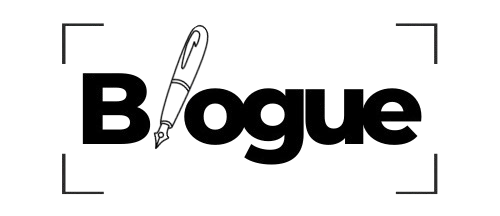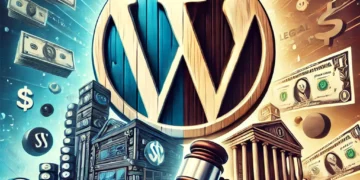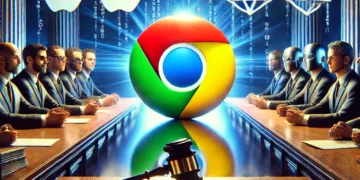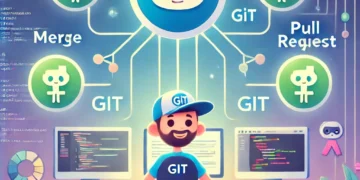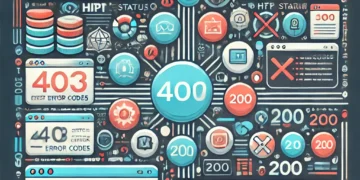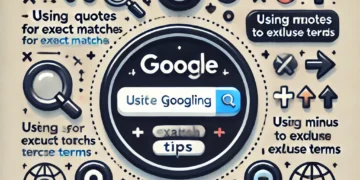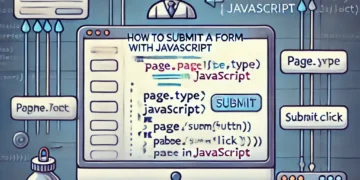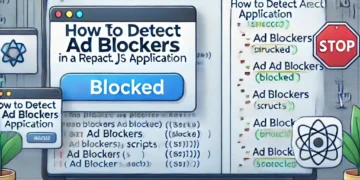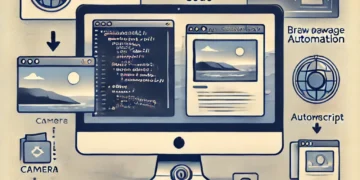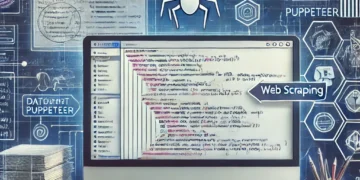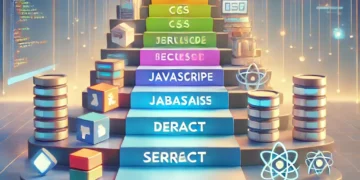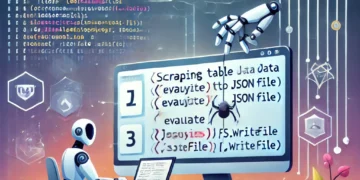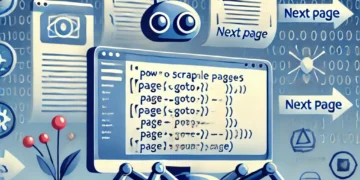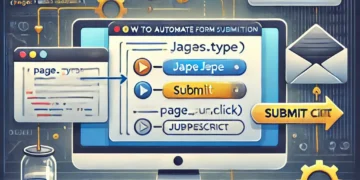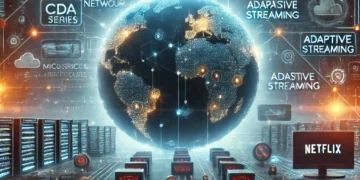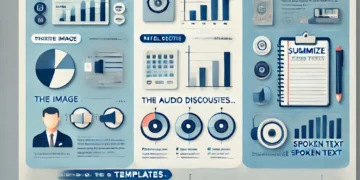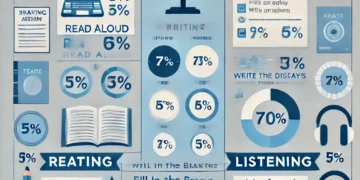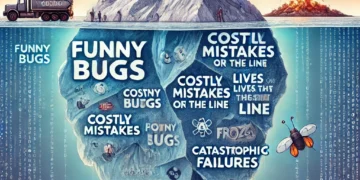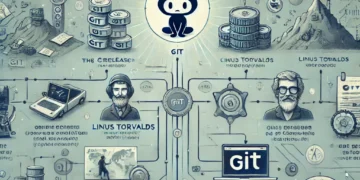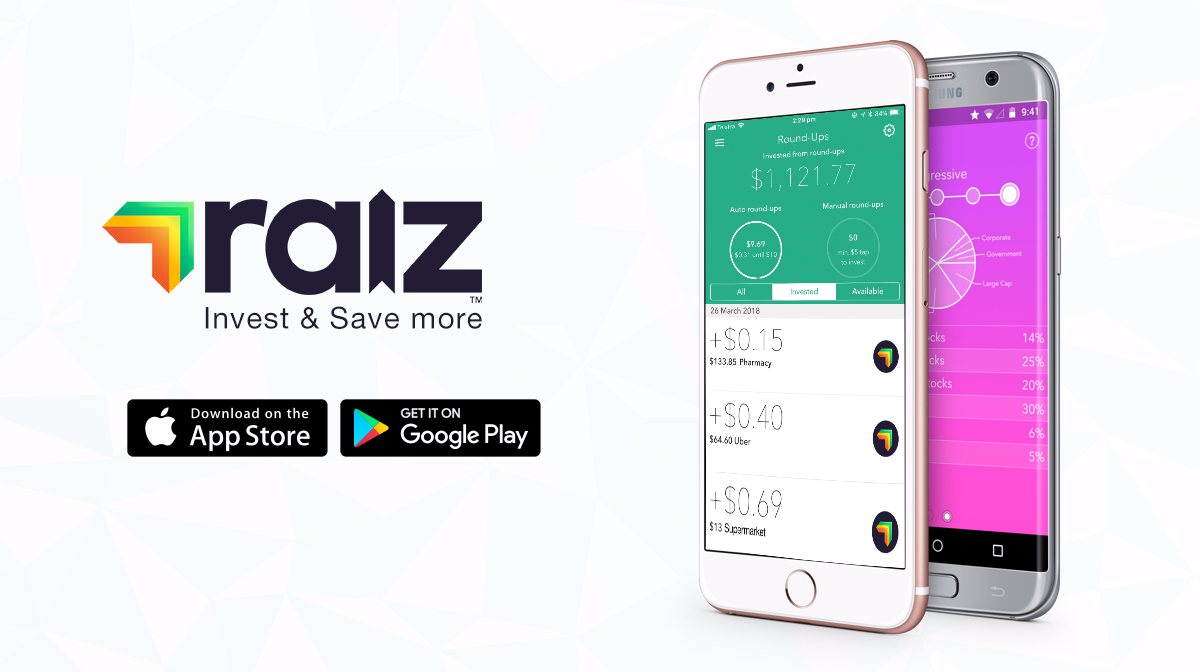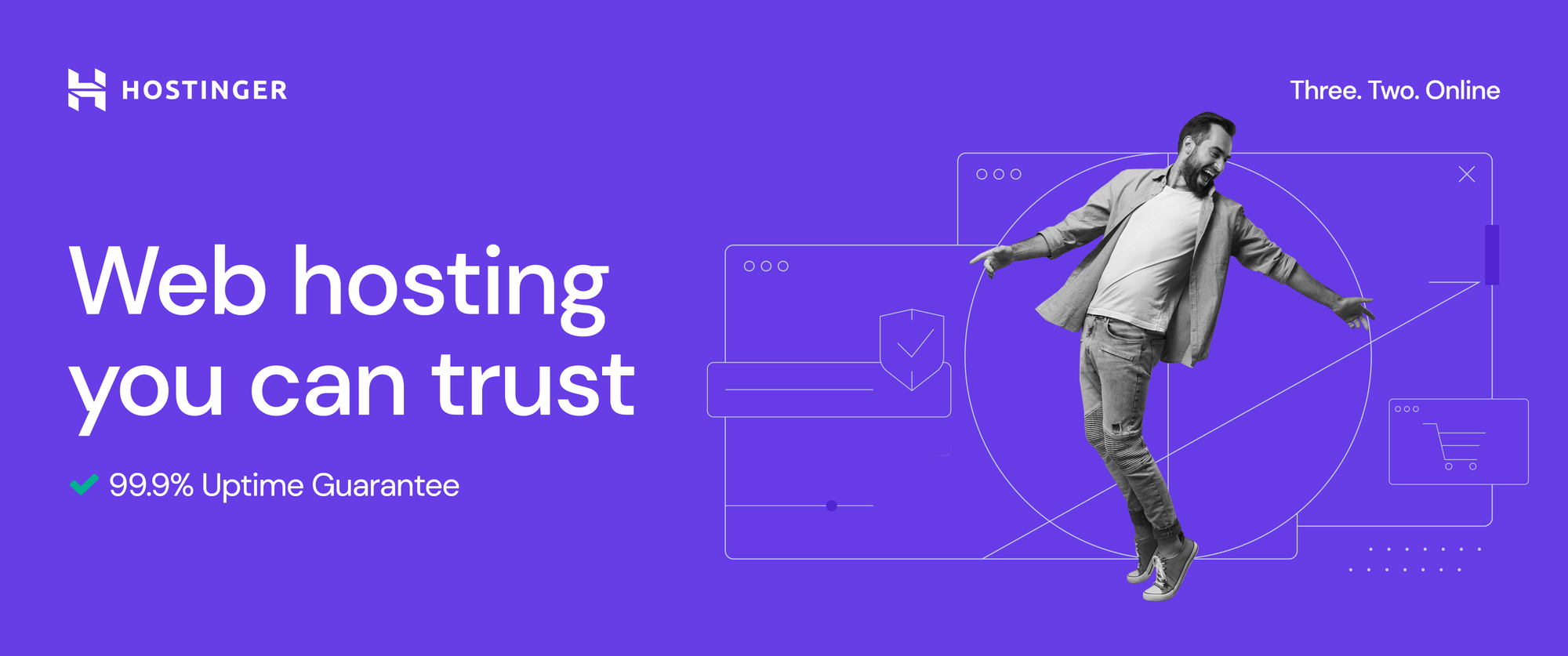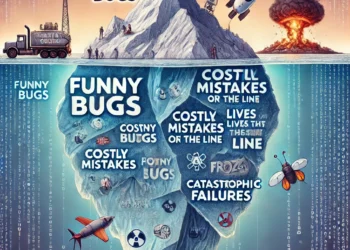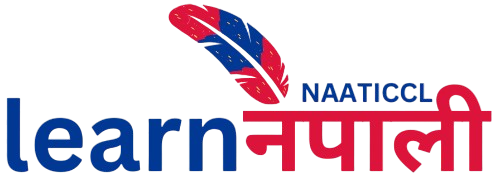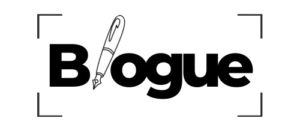The WordPress ecosystem, a cornerstone of the internet powering over 40% of websites, is embroiled in a controversy that has divided its community and sparked debates about open-source ethics, corporate greed, and the future of online publishing. This ongoing saga pits Automattic, the company led by WordPress co-founder Matt Mullenweg, against WP Engine, a major WordPress hosting provider backed by private equity.
Here’s what you need to know about the escalating feud, how it affects the WordPress ecosystem, and what it means for developers and end users.
The Timeline of Events
- The Trademark Licensing Conflict
- On September 20, 2024, Automattic, owner of the WordPress trademark, sent a licensing agreement to WP Engine demanding an 8% royalty on its gross revenue. WP Engine, which earns hundreds of millions annually, was accused of profiting from WordPress while contributing minimally to its open-source foundation.
- The Public Smear Campaign
- The very next day, Mullenweg publicly labeled WP Engine a “cancer to WordPress” at the WordCamp US conference, accusing it of exploiting the WordPress ecosystem for financial gain.
- Legal and Platform Bans
- On September 25, WordPress.org banned WP Engine from its plugin repository, effectively cutting off access to plugin updates and new features for WP Engine-hosted sites. This bold move directly impacted WP Engine users and developers.
- Checkbox Controversy
- A controversial checkbox appeared on WordPress.org login screens, requiring users to affirm they had no affiliation with WP Engine. This move was widely criticized as coercive and legally questionable.
- Lawsuits and Accusations
- WP Engine retaliated with lawsuits alleging extortion, defamation, and unfair competition. They also clarified to their customers that they were not affiliates of WP Engine to counter any legal risks posed by the checkbox.
Key Issues in the Conflict
1. Open Source vs. Private Equity
WordPress operates under the GNU General Public License (GPL), which allows free use and modification of its code. However, the trademarked WordPress name and logo are not part of the GPL and require licensing. Automattic claims WP Engine misuses these trademarks and contributes little to WordPress’s open-source development, unlike Automattic’s own efforts.
2. Community vs. Corporations
The conflict highlights a tension between preserving the ideals of open source and navigating the corporate interests that sustain it. Automattic accuses WP Engine of “strip-mining” the WordPress ecosystem by disabling features like revisions to save costs, which negatively impacts user experience.
3. Impact on Developers and Users
Developers reliant on WordPress.org’s plugin repository now face complications if their plugins are used on WP Engine-hosted sites. End users, caught in the crossfire, risk losing access to updates and features critical to their websites’ functionality and security.
Community Reactions
- Supporters of Automattic praise Mullenweg for standing against corporate exploitation and protecting WordPress’s open-source legacy.
- Critics of Automattic accuse Mullenweg of consolidating power and acting unilaterally, potentially harming the broader WordPress ecosystem.
- Neutral Observers see this as a no-win situation, where both sides are prioritizing profits over the well-being of WordPress users.
What’s Next for WordPress?
The WordPress community is speculating about the possibility of a fork—a new version of WordPress independent of Automattic’s influence. While this could preserve open-source ideals, it would fracture the ecosystem and create challenges for developers and users accustomed to WordPress’s current structure.
Conclusion: The Cost of Conflict
This ongoing feud between Automattic and WP Engine underscores the challenges of balancing open-source ideals with corporate realities. While the legal battles rage on, the ultimate losers are the developers, businesses, and individuals who rely on WordPress to power their online presence. The community must now decide whether to rally behind its open-source roots or adapt to the shifting dynamics of a corporate-driven internet.
